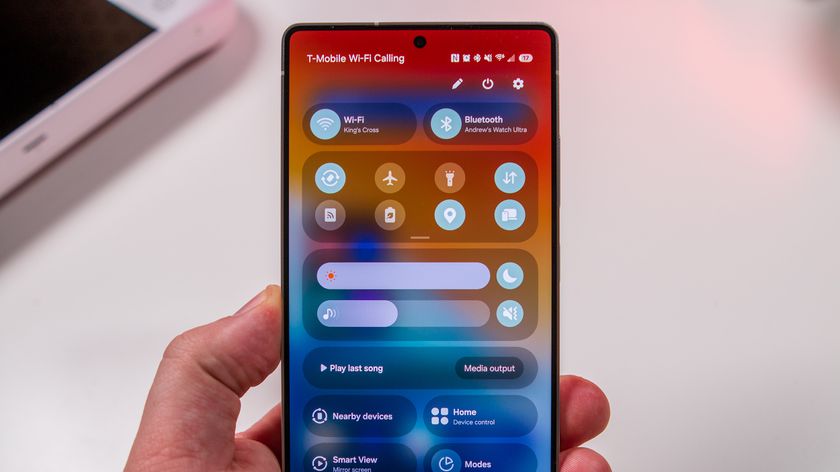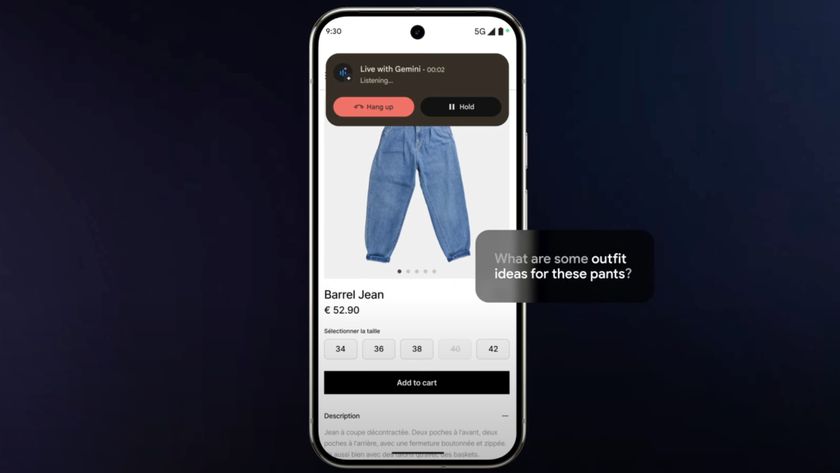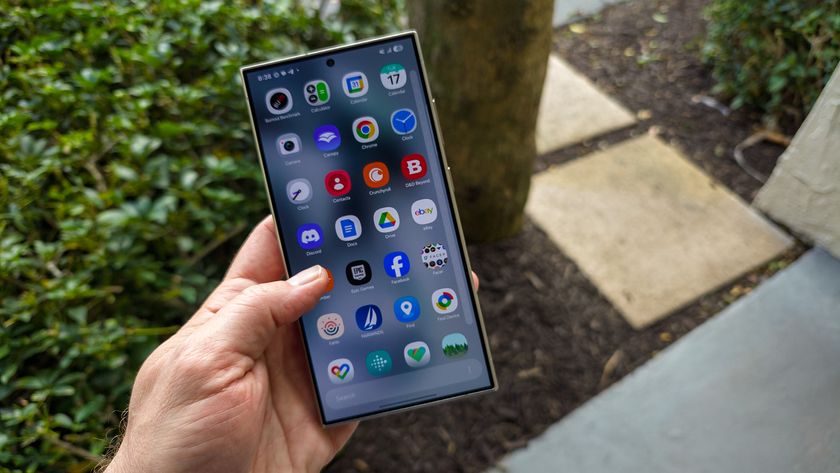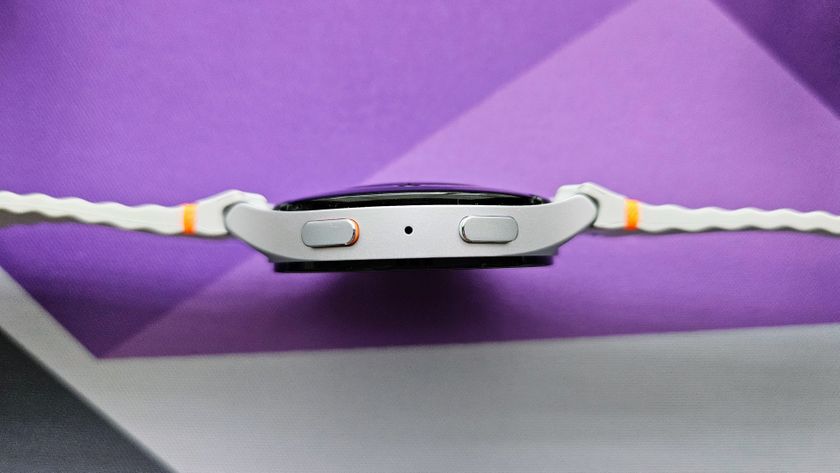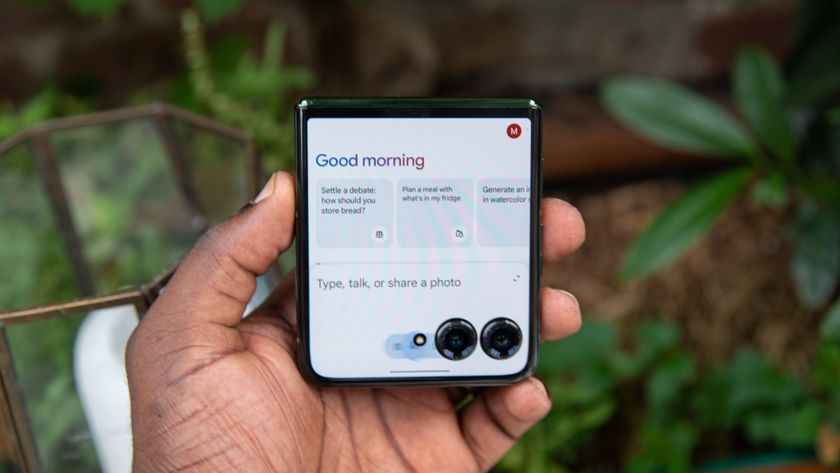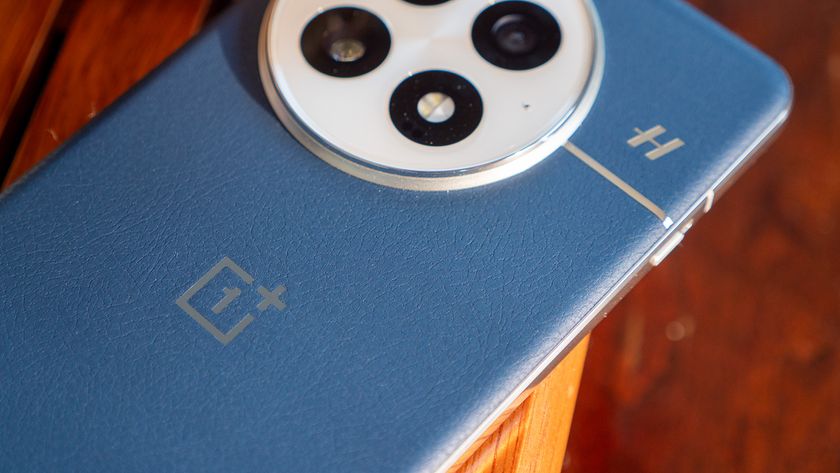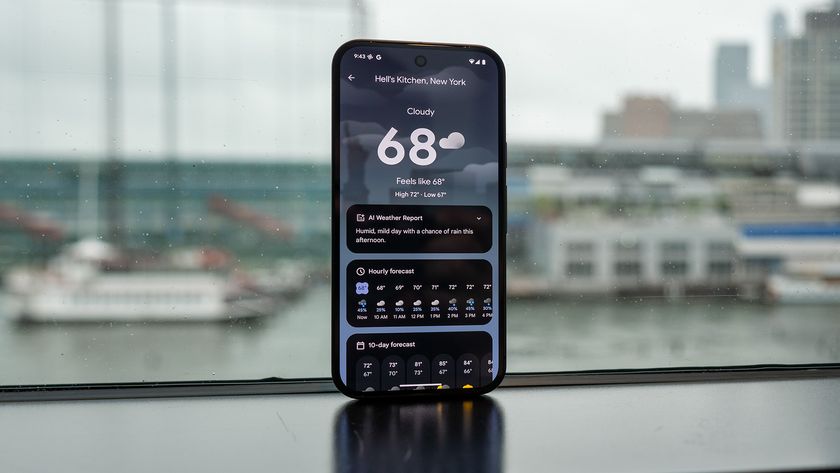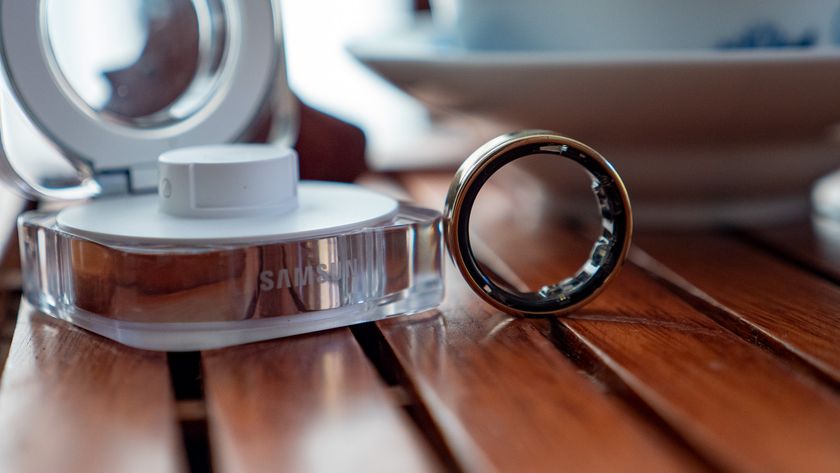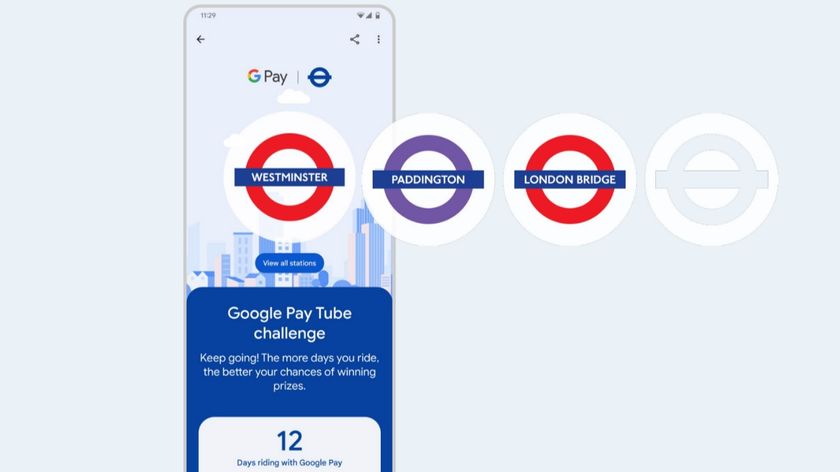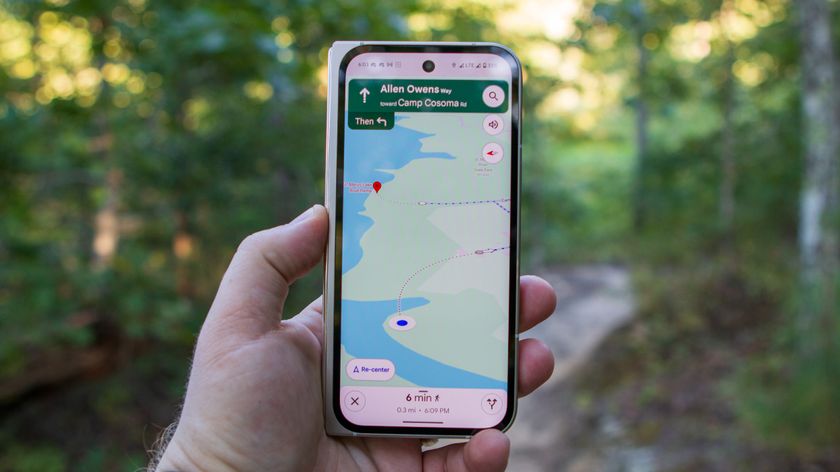Google's new privacy policy starts today, here's what you should know
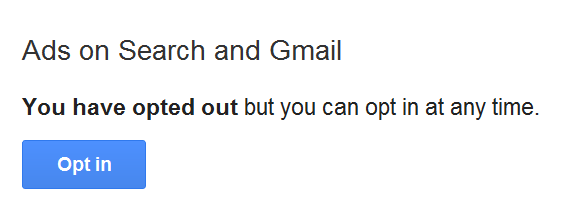
Google's controversial new privacy policy goes into effect today, and depending on which part of the Internet you're in, it's either a blessing or an act of war against our personal information. There's a lot of confusion out there, and chances are anyone who says they understand it all are probably not being very truthful. We're going to try and go over what's changed, and discuss what it might mean.
Something to remember before we get started, is that it doesn't really matter what any of us think -- all of us. Legislators all over the world are up in arms, and they're going to do what legislators do best, which is debate issues until one side caves and one side wins. We don't know which side will be which, or if Google will be censured in any way. Time will tell.
We're going to assume you've read Google's new privacy policy before we continue. If you haven't, stop and do so here. It's generally a good idea to read and understand as best you can before you decide if something is good or bad.
What's new
Let's start by talking about how Google is consolidating privacy policies from different services and bundling it into one policy that covers them all. I think this is the biggest part of the problem, because now all the information that Google has been collecting is there on one page, staring you in the face. Google also "simplified" the wording and cut out most of the legalese, which means we understand more of what they are doing with it. Finally, they have said that their services will now share user data between them internally. This is what most people are up in arms about, but the other two reasons I mentioned are important as well. When you lay it all out, in language everyone will understand, it's a bit overwhelming. Many folks never realized just what was being collected, and now that they know they're not very happy about it. We can say they should have always known, as the information has always been available, but it was written in complicated language and spread across 60 different sites.
But Google is sharing my data!
Back to the part where Google shares your data. It's important to know that Google isn't collecting anything new. In their letter to the US Congress (PDF link) they explain:
Be an expert in 5 minutes
Get the latest news from Android Central, your trusted companion in the world of Android
We’re not collecting any new or additional data about users. Our updated privacy policy simply makes it clear that we use data to refine and improve our users’ experiences on Google – whichever services they use. This is something we have already done for a long time for many of our products.
The difference is that Google will use the data across their services. They don't sell it, instead they leverage that data into profit. They can target you with ads you're more likely to care about, and that's worth a lot of money to advertisers themselves. Google's not giving away their gold mine of data to anyone. Instead, data collected during a Google search can be used to show ads in other Google products. Like Gmail. We've all seen those ads in our Gmail inbox. It's easy to see this in action. Your contact data is referenced and you get search results of things your contacts have posted on the Internet. If you have a friend on Google+ or Blogger, search for something they have posted recently on Google, you'll see those results first.
Unless you turn it off.
Opting out or controlling what's shared
That hasn't changed either. Google Gives you ways to opt-out and control what they are collecting from you. We're going to assume these tools work, or someone more well versed in privacy would have called Google to the carpet over it by now. Here's what Google suggests you can do, direct from their new privacy statement:
- Review and control certain types of information tied to your Google Account by using Google Dashboard.
- View and edit your ads preferences, such as which categories might interest you, using the Ads Preferences Manager. You can also opt out of certain Google advertising services here.
- Use our editor to see and adjust how your Google Profile appears to particular individuals.
- Control who you share information with.
- Take information out of many of our services.
Those links are intact, have a look at them. The tools aren't perfect, and they're a bit confusing, but they do give you a way to hold back from Google a good bit. But there's another, easier way to to keep Google from collecting your data. Don't sign in to any of their services.
That sounds extreme, but it's simple. If you're not signed in, Google has no idea who you are to cross-pollinate your data. It's not convenient, especially with an Android phone, but it's certainly possible. We tried it. Stock Android with none of the Gapps installed works just fine, you just don't get to use the great apps from Google -- which is why none of us want to do it. Google services aren't free, you just pay with data instead of money.
Should we worry?
The general feeling here around the office is that what Google has done is a good thing consolidating it's legal mumbo-jumbo into a single, easier to read document. Make no mistake, we're not saying that collecting all the data they collect is something that makes us comfortable, but presenting it to us in a way we can understand, and debate, is the right move.
In the end, all of us here already knew that Google was collecting a little bit of everything, and decided to sell them our soul anyway. The new policy lets us know how right (or wrong) we were. That's what you're going to have to do as well. Understand that Google collects information, then keeps it on file so they can target your interests with "personalization" across their products. They don't sell or give it away to anyone because that data is their cash cow. It's also not sitting there on some product manager's computer desktop in a file with your name on it. It's more likely that your personal data is a big bunch of unintelligible (for people anyway) strings of numbers and letters that only a computer can sort out. But it's there, and they let you know what's there.
Have you listened to this week's Android Central Podcast?

Every week, the Android Central Podcast brings you the latest tech news, analysis and hot takes, with familiar co-hosts and special guests.

Jerry is an amateur woodworker and struggling shade tree mechanic. There's nothing he can't take apart, but many things he can't reassemble. You'll find him writing and speaking his loud opinion on Android Central and occasionally on Threads.
